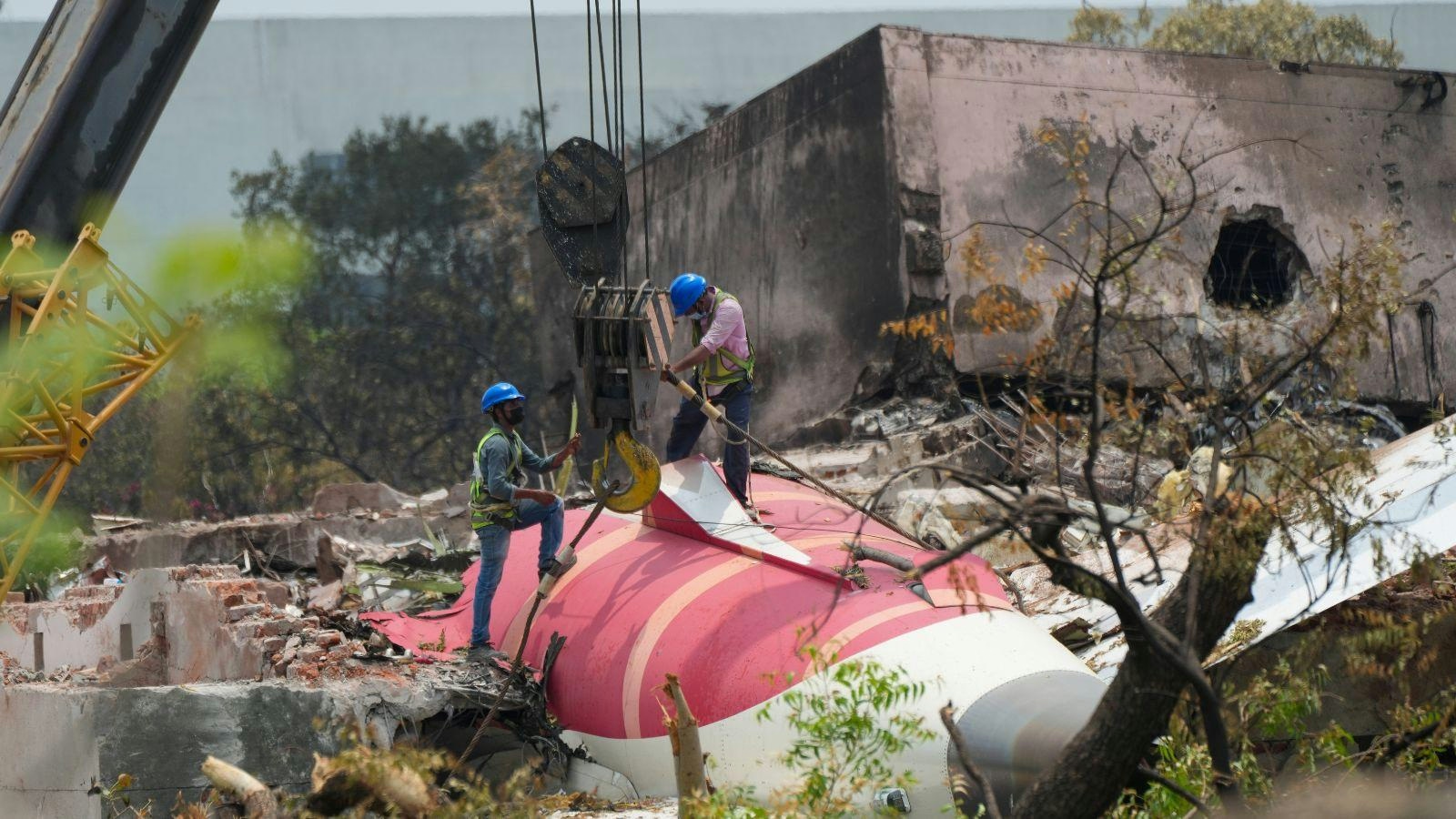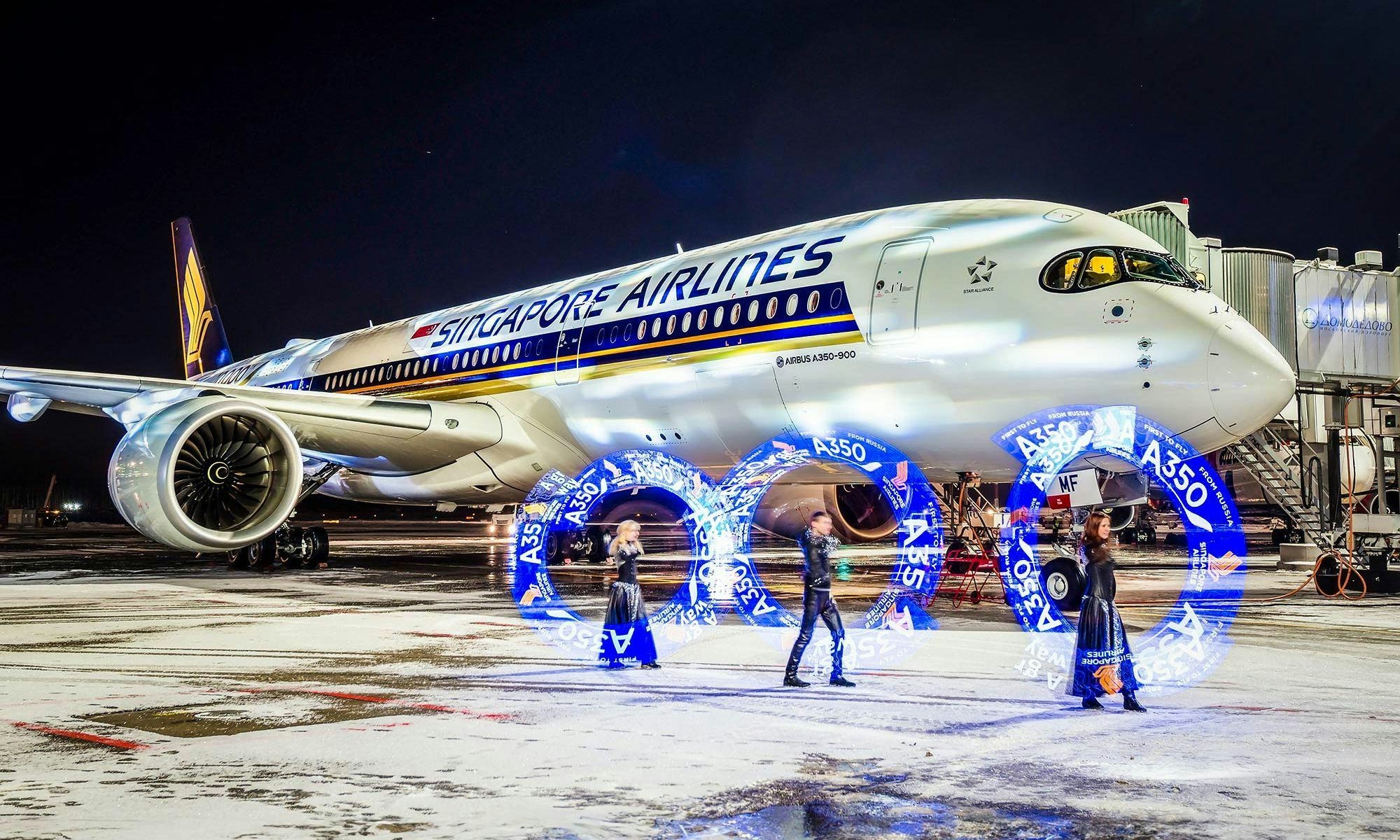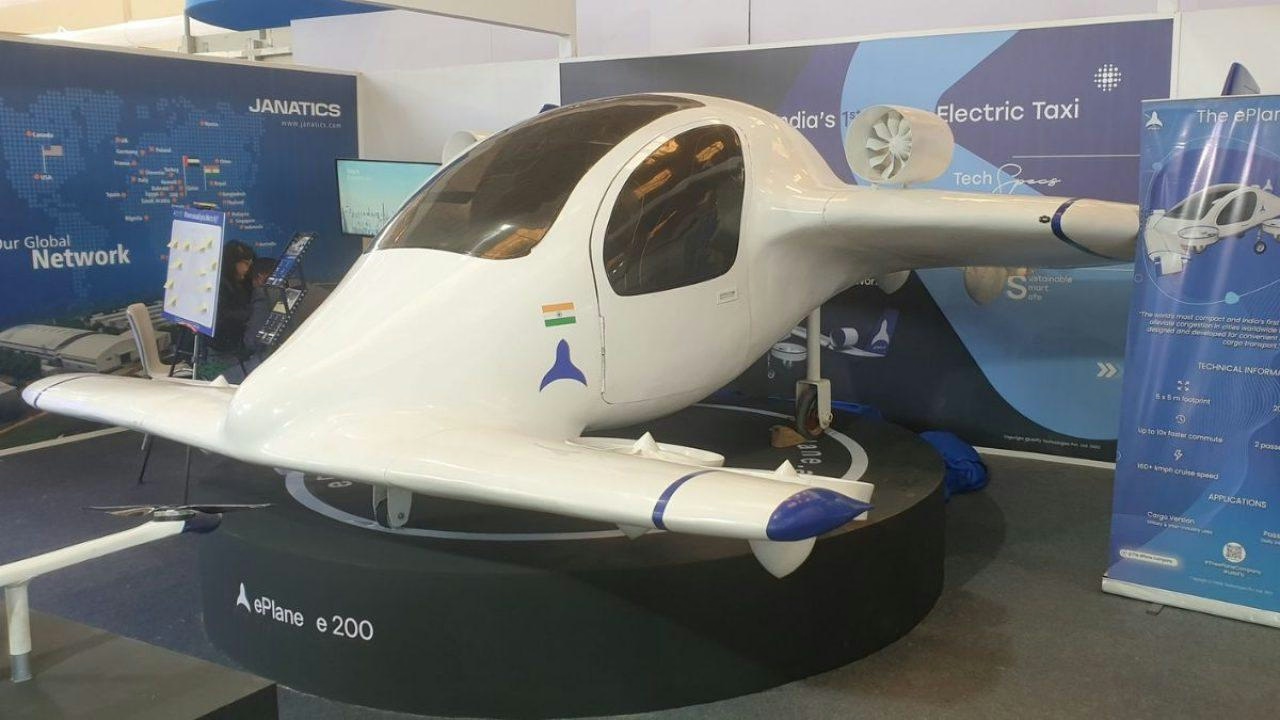AeroGenie — Your Intelligent Copilot.
Trending
Categories
MPs Call for DGCA Autonomy and Improved Aviation Safety After AI 171 Crash

MPs Call for DGCA Autonomy and Improved Aviation Safety After AI 171 Crash
In the aftermath of the Air India 171 crash and a revealing audit that exposed widespread safety violations, a parliamentary panel has urged comprehensive reforms to strengthen aviation safety and regulatory oversight in India. The committee’s report, presented to both houses of Parliament on Wednesday, identifies twelve critical issues, emphasizing the urgent need to grant full financial and administrative autonomy to the Directorate General of Civil Aviation (DGCA).
Regulatory Challenges and Staffing Shortages
The parliamentary standing committee on transport, tourism, and culture, chaired by JDU MP Sanjay Kumar Jha, highlighted that the DGCA’s limited autonomy and significant technical staff shortages—nearly 55% of technical positions remain unfilled—are severely hampering its capacity to enforce safety standards effectively. The report follows a DGCA audit that uncovered 263 safety violations across eight commercial airlines, including 51 at Air India alone, with 44 classified as Level 2 and seven as Level 1 infractions. These findings have intensified concerns regarding the regulatory body's effectiveness and the aviation sector’s ability to keep pace with rapid expansion.
The panel stressed that the current recruitment framework is inadequate, noting that the aviation ministry has yet to consider allowing the DGCA to conduct direct recruitment. Granting the DGCA full autonomy in a time-bound manner is seen as essential to addressing chronic staffing deficits and attracting skilled professionals through competitive remuneration.
Addressing Fatigue and Training Deficiencies
The committee also called for stringent enforcement of updated flight duty time limitation (FDTL) regulations for pilots and the immediate establishment of a national fatigue risk management system (FRMS) for air traffic controllers (ATCOs). Both groups have long reported fatigue due to insufficient rest periods and irregular scheduling, which pose ongoing risks to airspace safety.
Furthermore, the report highlighted a critical mismatch between recruitment and training capacities, particularly for technical roles such as aircraft maintenance engineers. While the Airports Authority of India (AAI) has recently created 1,636 additional ATCO positions, significant staffing gaps persist, threatening the sector’s sustainable growth.
Strengthening Enforcement and Oversight
The parliamentary panel urged the closure of all identified safety deficiencies within specified deadlines and recommended the implementation of stronger enforcement measures, including financial penalties for non-compliance. The report criticized the DGCA’s audit quality, attributing shortcomings to a lack of qualified personnel and airlines prioritizing profit over maintenance and safety.
In response to a series of helicopter accidents in Uttarakhand, the committee recommended the establishment of a uniform national regulatory framework for all state-operated helicopter services. It also called for mandatory, terrain-specific pilot training, expressing concern over state agencies managing high-risk operations with limited central oversight.
The committee’s findings underscore longstanding issues that have repeatedly been overlooked, now brought into sharp relief by the Air India crash and subsequent audit revelations. With India’s aviation industry expanding rapidly, the panel warned that without urgent reforms—particularly in regulatory autonomy, staffing, and enforcement—the civil aviation sector faces escalating risks to safety and sustainable development.

Factors Behind the Airbus A350’s Short Takeoff Distance

Archer Aviation Partners with NVIDIA to Advance Aviation AI Technology

Chennai Startup to Develop India’s First Electric Air Taxi

Factors Positioning Airbus for Leadership in 2026

Emirates Unveils Cabin Design for New Boeing 777X

Eighteen Years On, the Airbus A380 Remains Central to a $34 Billion Airline

How a boom in luxury airline seats is slowing down jet deliveries

Navitaire Outage Attributed to Planned Maintenance

AI, VR, and Data Transform Pilot Training by 2026

Airbus Plans Record Delivery of 870 Aircraft in 2026
